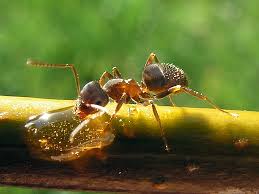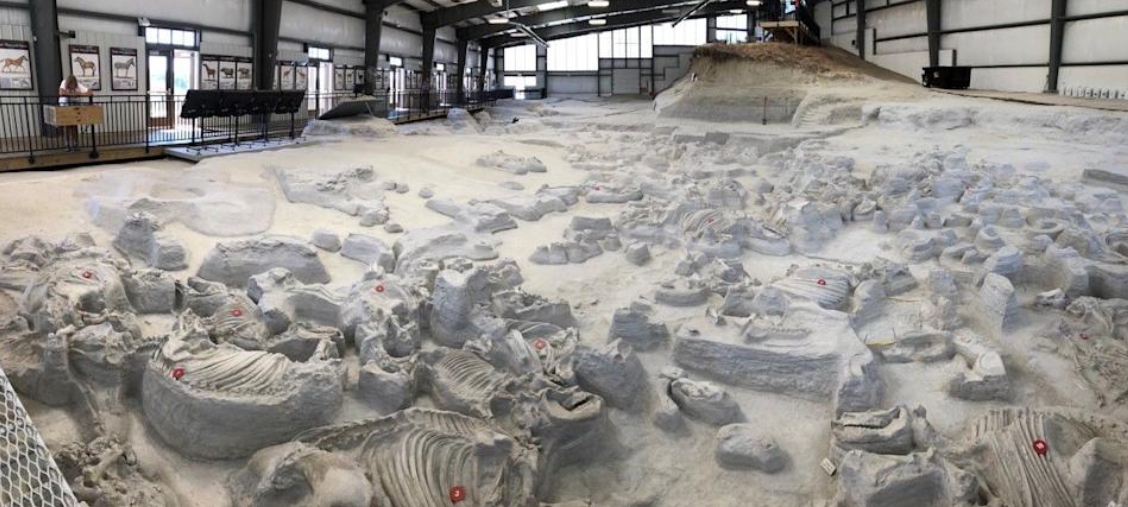
Even though ants don’t have a nose, their sense of smell is very powerful, and may be able to diagnose cancer in an individual earlier than any fancy tech. You may be wondering how ants can smell if they don’t have a nose, and the answer lies in their antenna. Ants have four to five times as many odor receptors in their antenna than any other insect, and they can detect most smells within 3-4 feet, which is a much larger range than it seems due to their size. Some species of Ants live in darkness, completely blind, and following pheromone trails is the only way for them to find their way, those lose track of the trails marching round and round until they die of exhaustion. However, there may be a way for us to harness this ability of the ants and use it to solve real world problems. And luckily, we are slowly figuring out how.
Many forms of diagnosing cancer are time consuming and include expensive technology. In addition, the tests can also be invasive. Taking this into account, Baptise Piqueret, an ethologist, led a study at Sorbonne Paris North University to see if ants could distinguish cancerous cells from healthy ones. Using a technique called xenografting, the research team implanted breast cancer tumors into mice. They then were able to take urine samples from both regular mice and ones with the tumors, to expose the group of Ants to them. They were then able to place drops of sugar water next to the cancerous urine so that the ants would be able to associate sugar water with the smell of cancer. After the research team completed enough trials, they discovered that the Ants lingered in the cancerous urine for a much longer period of time than in regular urine. In addition, they were able to separate the breast cancer tumors and other cancerous tumors, and the different groups of ants could still detect them.
Similar trials were conducted with dogs to see how well they were able to detect cancer, and it took them a much longer period of time. While the trials with the ants lasted half an hour before successful, trials with dogs took months before the dogs were able to consistently identify the cancerous urine. Experiments of a similar kind were also done with mice, and nematodes. However, ants are the most promising due how inexpensive their trials are comparatively, and how quickly they work. Although we haven’t put this new discovery into action yet, it holds serious promise for the future.
RELATED STORIES:
https://www.medicalnewstoday.com/articles/researchers-have-trained-ants-to-detect-cancer-in-urine
https://www.ncbi.nlm.nih.gov/pmc/articles/PMC8914326/
TAKE ACTION:




